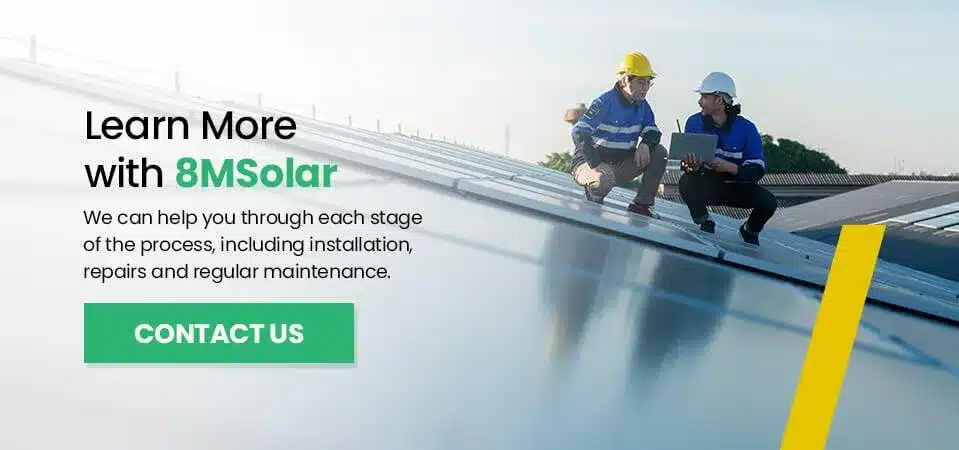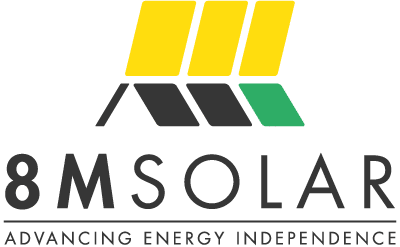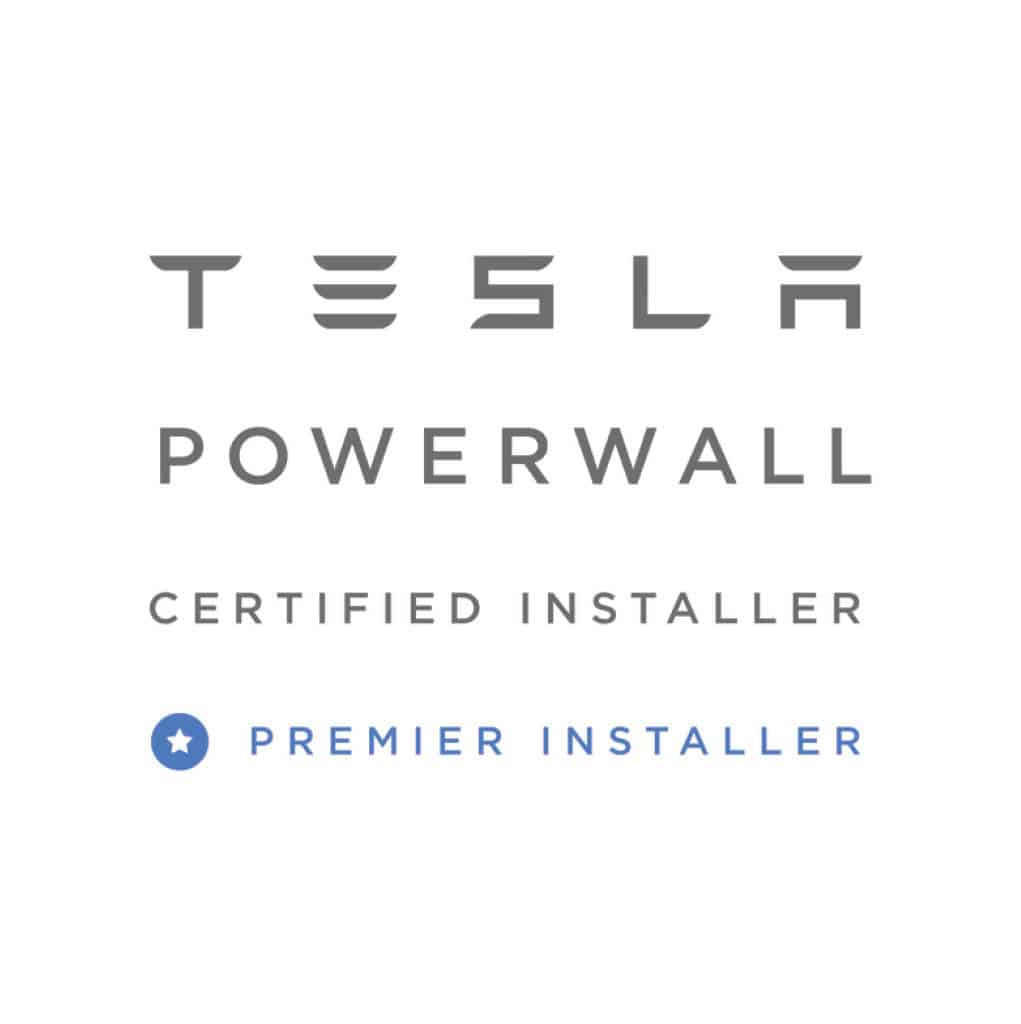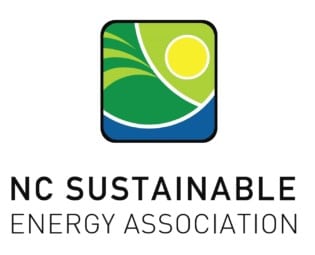Installing a solar panel system can feel like a big investment. Solar panels are an excellent way to become energy independent, and state and federal governments offer many incentives to make the investment worth it.
Solar panels save money in the long run, but it can be daunting to think about reaching a solar payback period. In this article, we’ll walk through solar panel payback periods and how to determine your overall savings from going solar.
What Is a Solar Panel Payback Period?
A solar panel payback period, also referred to as a solar panel break-even period, is the amount of time it takes for a solar panel system to save the same amount of money it costs to purchase and install the system. Simply put, it’s the break-even period for solar panels.
For example, if a solar panel system saves a homeowner $2,000 a year in electrical bills, and the solar panel system costs $20,000, the solar panel payback period would be about 10 years. Unfortunately, calculating a payback period for solar panels is rarely that simple. Several other factors contribute to a break-even point for solar panels, including tax benefits, rebates, increases in utility costs and much more.
While the term “solar panel payback” refers to ROI, there are many benefits to installing solar panels that are hard to attach to a specific dollar sign. For example, solar panels increase home value, help to minimize carbon footprints, create energy independence and so much more! Plus, solar panels generally last for 25 to 30 years. With the average American payback period being eight years, solar panels save homeowners money for 17 to 22 years. That’s a lot of savings, both for your pocket and for the environment.
How To Calculate Your Solar Panel Payback Period
When investing in solar, you’ll want to know how long it will take to complete your payback period, which starts with calculating how long that period will be in the first place. Use the information below to determine how you can calculate your payback period.
Determine The Combined Costs of Your PV System
To find the correct combined cost of a solar panel system, first determine the gross cost of the solar panels + accessories (batteries, microinverters, etc.) + installation. Then, determine the savings made available due to upfront savings of installation. These savings can vary by state and include solar tax credits, solar rebates and any other incentives gained through solar panel installation. These two numbers determine the combined cost of your solar panel system, with your savings subtracted so you can have the most accurate payback period estimate.
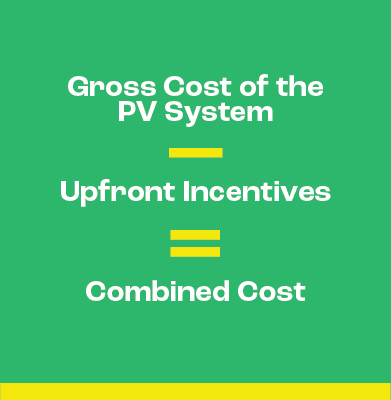
Note: If you decide to purchase your solar panel system through a solar loan rather than through cash, be sure to factor in any associated fees or additional costs into the combined costs of your solar panel system.
Determine The Annual Benefits of Your PV System
To begin calculating the annual benefits of your solar panel system, first determine the total cost of your electric bill for a year (assuming your PV system will pay for 100% of electric costs). Next, determine the annual rate by which electricity bills increase in your residential area. Then, determine the yearly incentives you receive through your solar PV system each year determined by your state. Annual incentives often include SRECs, a performance-based solar incentive that allows homeowners to make money on excess solar electric generation. These numbers are all used to determine the annual benefits.
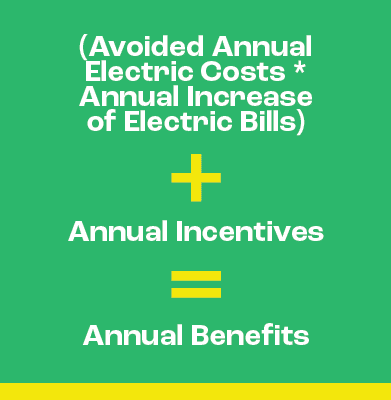
Determine Your Solar Panel Payback Period
The numbers determined by combined costs and annual benefits are then used to assess your individual solar panel break-even period. You can determine your payback period by starting with your system’s cost and subtracting incentives, such as any federal or state tax credits or rebates. Then, you’ll want to divide your estimate by your annual net-metered savings. The number you’re left with will be your expected payback period. As we mentioned, you can expect to reach the end of your payback period in eight years, but some people will reach it sooner or later, depending on their average annual electrical costs.
If you are unsure about the amount you can save through solar panel incentives in North Carolina or don’t know how much your desired solar panel system will cost, contact 8MSolar today to get a more accurate estimate of what your solar panel payback period will be.
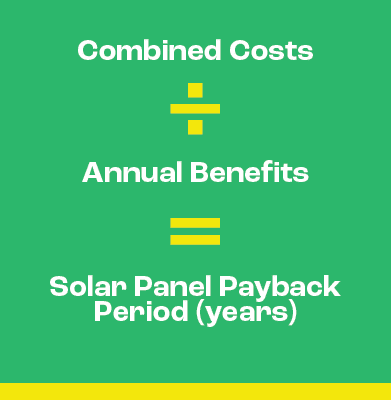
Factors That Affect Your Solar Panel Payback Period
Many factors contribute to the overall payback period, as mentioned above. Some primary factors include state incentives, peak sun hours, electricity costs and solar panel efficiency.
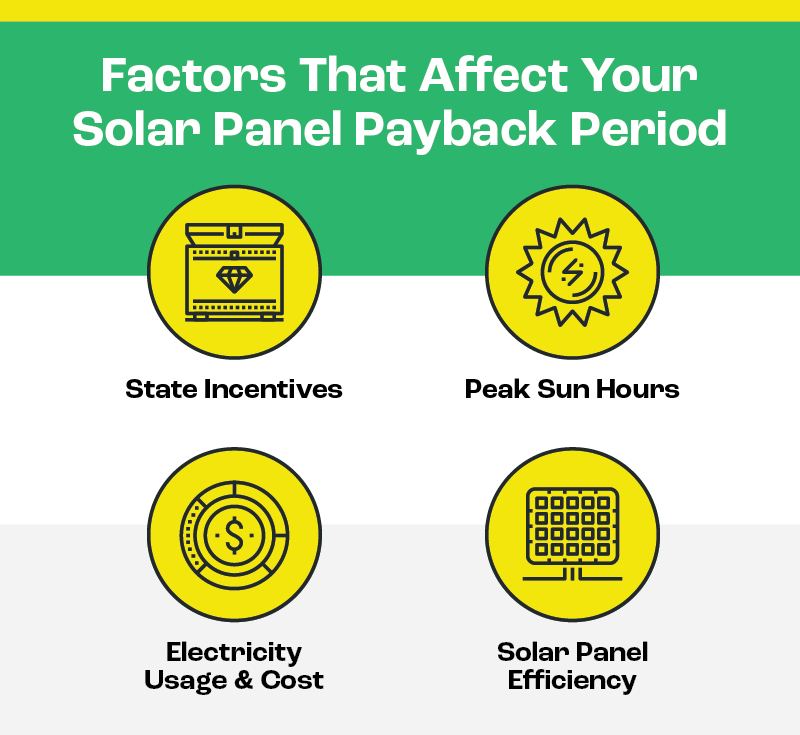
Learn More with 8MSolar
8MSolar can help you understand North Carolina net metering laws and incentives to help you get an accurate estimate on your solar panel payback period. Ask us about your individual solar panel needs, and we can help you get a free quote through a virtual consultation. We can help you through each stage of the process, including installation, repairs and regular maintenance. As experts in the field, we can handle all of your solar needs, including navigating the complexity of government incentives. Contact us today to get started.
State incentives: Each state’s incentives for installing solar panel systems differ. Most state incentives can be found on a local utility website or through local solar panel providers. States that offer the most attractive incentives often try to entice homeowners and business owners toward going solar.
Peak sun hours: Each state differs in the amount of peak sun hours solar panels receive on a given day. States with higher peak sun hours will likely have higher producing solar panel systems, increasing the amount of energy provided. Solar panel systems that can cover 100% of electrical needs and have high earnings through SRECs will be more cost-effective for owners.
Electricity usage & cost: Coincidentally, the higher your electricity usage and bills are before installing solar panels, the shorter your overall solar panel payback period will be. If your local utility rates are higher, your solar payback will be faster. Your solar payback will be shorter due to the overall potential savings generated once your system is installed and operational. Be sure to get a solar panel installer to help you determine a PV system that will cover all your electricity uses, so you don’t have to pay any excess utility bills.
Solar panel efficiency: When installing your solar panel system, choose a trusted installer like 8MSolar who will help you reach maximum solar panel efficiency. An increase in panel efficiency allows for 100% coverage of electricity costs, plus the ability to provide extra energy to the grid. Be sure you’re getting the most out of your solar panels.
Are Solar Panels Worth It?
Solar panels are an efficient, clean energy source that can recuperate the cost of installation within years. Numerous other benefits make solar panels a worthy investment, including:
- Reduce your electric utility cost: Solar panels allow you to reduce your monthly electric bill since you won’t have to rely on the local power grid for your electricity supply entirely. You can also sell your excess energy to utility companies, allowing you to make more from your solar investment. Utility companies often allow you to add credit to your account for the extra energy, offsetting future costs.
- Provide protection against rising costs: The cost of electricity is slowly going up and is expected to continue to grow. Installing solar allows you to avoid these rising costs since you’ll be producing your own electricity. Solar panels are also cheaper now than they’ve been in the past, especially thanks to federal and state incentives that can help you catch tax breaks after installing solar panels. The federal Solar Investment Tax Credit gives you a 26% credit on your solar panels if construction begins in 2022 or a 22% incentive in 2023, and some states have their own incentives, making solar energy a sound investment.
- Are environmentally friendly: Many people are looking for ways to become more environmentally friendly, and solar panels are an excellent way to do that. Solar energy is naturally occurring and doesn’t deplete over time. Solar panels also don’t release emissions like fossil fuels do, making them even more eco-friendly.
- Increase energy independence: Relying on electric utility companies and fossil fuels makes you dependent on the grid. Solar panels allow you to create your own energy, so you’re energy independent. The more people that switch to solar, the less the country would have to rely on importing fossil fuels to power our infrastructure.
The reasons above make solar a worthwhile investment for your home or business. You’ll be able to see a return on your investment within years and reduce your carbon footprint by choosing to switch to solar energy.
